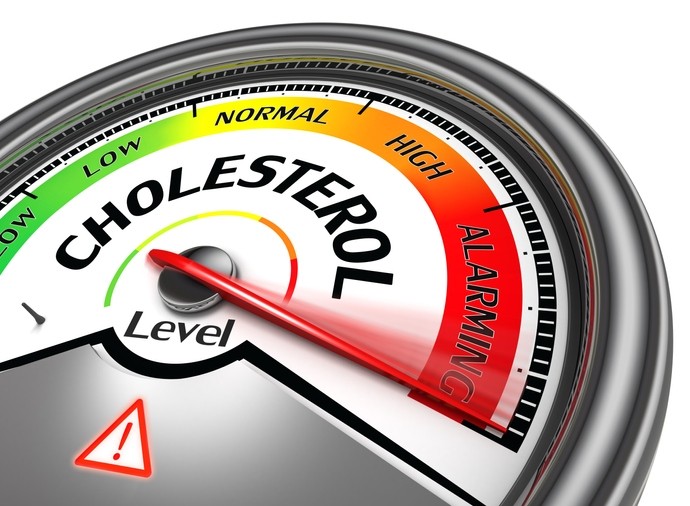CRN: AstraZeneca’s statin study slanted playing field in favor of drug

The study was conducted by drug maker AstraZeneca, which markets the cholesterol-lowering drug Rosuvastatin. The results of the study, titled “Supplements, Placebo, or Rosuvastatin (SPORT),” were presented during the American Heart Association's Scientific Sessions event on Nov. 6. The event was a hybrid in-person/online event with the face-to-face portion taking place in Chicago.
The study ranked the results obtained with Rosuvastatin on lowering low-density lipoprotein-cholesterol (LDL-C, also commonly referred to as the ‘bad cholesterol’) against the effects of six dietary supplements. They were fish oil, cinnamon, garlic turmeric, plant sterols and red yeast rice.
The study was conducted over a four week period. While results of the study were presented at the conference, it does not appear to have been published in a peer reviewed journal yet. CRN said it had provided with an advanced copy of the findings under embargo.
CRN: Study design put supplements behind 8-ball
Andrea Wong, PhD, CRN’s senior vice president of scientific and regulatory affairs, said the study made a similar error as do many others, namely comparing supplements to drugs in a study design that is only applicable to a pharmaceutical. Few supplements exhibit short-term, acute effects like drugs do and no supplement may claim to have those kinds of effects. Supplements rather typically work in a long-term, preventative fashion, exerting modest but cumulative effects along the way. Conversely, supplements ingredients, with their mild effects that work in concert with the body’s structures and functions, do not exhibit the kind of side effects common to many pharmaceuticals. According to the Mayo Clinic, the common side effects of oral administration of Rosuvastatin include:
- Difficulty in moving
- joint pain or swelling
- muscle pain, cramps, spasms, or stiffness.
Wong said the AstraZeneca study’s design served to obfuscate these issues and put the statin drug in the best possible light.
“SPORT completely misses the point of supplementation by comparing the effects of a prescription drug to dietary supplements in a short-term study. Dietary supplements are not intended to be quick fixes and their effects may not be revealed during the course of a study that only spans four weeks, particularly on a multifactorial condition like high cholesterol,” Wong said. She noted that this limitation was mentioned by the study’s authors.
“The most enthusiastic supporters of supplements wouldn’t expect disease markers to improve in 28 days from supplement use, even in conjunction with dietary changes and exercise,” she added.
Intentional misdirection?
Wong noted that the choice of what supplement ingredients to compare is open to question as well. Not all of the supplements chosen for the comparison have been studied for their effects on LDL-C.
“It’s as if the study was set up for misdirection and failure of the supplements. While all the supplements included in the study are well-recognized for their benefits related to heart health, only three are marketed for their cholesterol lowering benefits. The other ingredients are better known for their effects on other health outcomes (like improvement of triglycerides or insulin modulation), so it is unclear why they were chosen to be assessed for their effects on LDL cholesterol,” she said.
Authorized health claims exist
Wong also noted that FDA has authorized a claim for plant sterols and reduced risk for coronary heart disease. To achieve a qualified health claim the quality and weight of evidence must approach that amassed for an approved drug. The Agency also permits the use of claims for omega-3 fatty acids and reduced risk of coronary heart disease and hypertension. But no marketer of those products could claim to achieve these outcomes in a short-term, acute application.
“Both prescription drugs and dietary supplements have beneficial roles to play in achieving better health. Supplements are not intended to replace medications or other medical treatments,” Wong concluded.
















